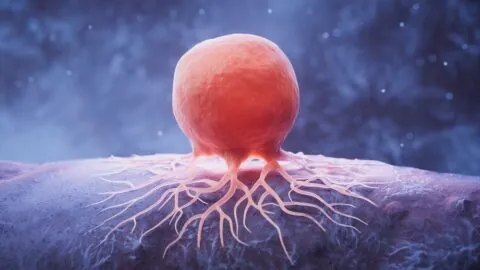October 31, 2024
Longevity Summit Dublin, the premier international event dedicated to the latest research, innovation, and collaboration in the field of longevity, is excited to announce its new dates and venue for 2025. The summit will take place from July 2-4, 2025, at the historic Trinity College Dublin in the heart of Dublin, Ireland. The Longevity Summit...
October 31, 2024
In a rat experiment, researchers publishing in Aging Cell have found that senescent cells and SASP factors are key in regenerating knee cartilage. Not always negative Cellular senescence is widely known to have negative effects, to the point that it is one of the hallmarks of aging. In fact, rather than protecting cartilage, cellular senescence...
October 30, 2024
A recent preprint study suggests that a NOVOS supplement can improve healthspan and extend lifespan in male mice [1]. Multiple ingredients, one goal This preprint's authors start by discussing dietary supplements' beneficial effects on lifespan and markers of healthspan in multiple organisms and their possible additive and synergistic effects that result from targeting multiple aging...
October 29, 2024
Life Biosciences is a company co-founded by the celebrity geroscientist David Sinclair and is based on his Harvard team’s research into partial cellular reprogramming. In the heated race to translate this promising technology to the clinic, Life has emerged as one of the favorites, inching closer towards clinical trials in humans. Life is counting on...
October 28, 2024
In a world first, a pig kidney preserved at subzero temperatures was successfully transported across the Atlantic Ocean multiple times, demonstrating the potential for a novel technology to greatly extend organ storage and preservation, and make long-distance organ transportation a clinical reality. Extending organ preservation time could bridge the organ supply-and-demand gap, avoid high-risk, time-critical...
October 28, 2024
In Aging, researchers have described a subpopulation of fibroblasts that nurture ovarian cancer tumors and shield them from harm. Cancer's natural defenders Ovarian cancer is particularly dangerous, both in death rates and in recurrence [1]. Normally, chemicals that contain platinum are effective, but this sort of cancer develops resistance to such treatments; after that, prognoses...








